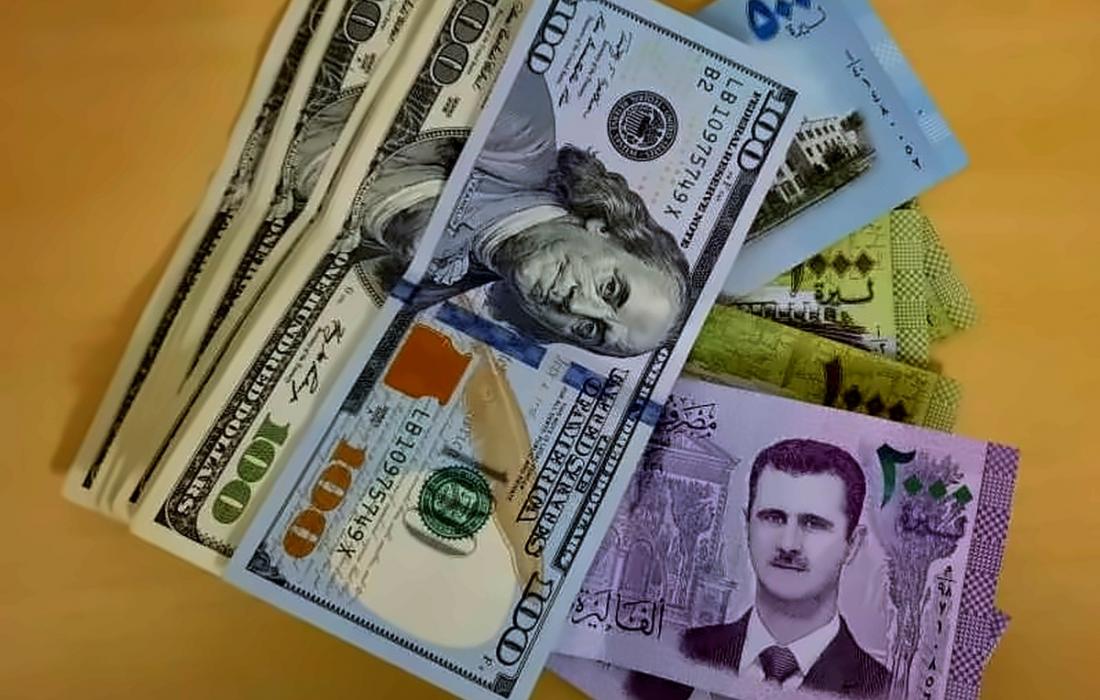2025-09-21T18:10:20+00:00
font
Enable Reading Mode
A-
A
A+
Shafaq News – Damascus
Syria’s Development Fund drew more than $12
million in donations and $70 million in pledges within hours of its
announcement, according to a senior economic official in Damascus.
Osama al-Qadi, senior adviser to the Minister of
Economy, told Shafaq News that the fund is designed as a “strategic tool” to
channel donations into projects supporting reconstruction, housing, small
loans, and assistance for displaced families, stressing that transparency and
effective governance would be critical to the fund’s credibility.
Al-Qadi described existing legislation as “a
pile of outdated laws” hindering investment and called for simplified
regulations, expanded e-services, and stronger banking infrastructure to
improve financial circulation. He said the fund would act quickly to support
provinces based on priorities set by a dedicated management council.
The announcement follows a high-profile event at
Damascus Citadel on September 4, attended by transitional President Ahmad
al-Sharaa, business leaders, and academics. The fund, established by
presidential decree, was described as a national vehicle to mobilize material
and human resources for reconstruction.
The United Nations and the World Bank estimate
that Syria’s cumulative war damage since 2011 amounts to about $800 billion.
More than 3,000 kilometers of roads have been destroyed, 14 million cubic
meters of rubble remain, and between 250,000 and 400,000 housing units are
needed. Gross domestic product has shrunk by 85 percent since 2011, while 16
million people—about three-quarters of the population—live in food insecurity.
Fund Priorities
The fund’s agenda is organized around four main
tracks:
-Stability and return: provide 50,000 housing
units and implement a long-term plan to resettle 7 million Syrians by 2035.
-Infrastructure: restore electricity to 12 hours
daily by 2026, build six renewable power stations, and repair 400 water pumping
facilities.
-Vital sectors: support 500,000 farmers, reclaim
one million hectares of land, and rehabilitate 200 communications stations.
-Human investment: repair 3,000 schools,
construct 500 new ones, build 200 health centers, and expand care for orphans,
the elderly, and people with disabilities.
